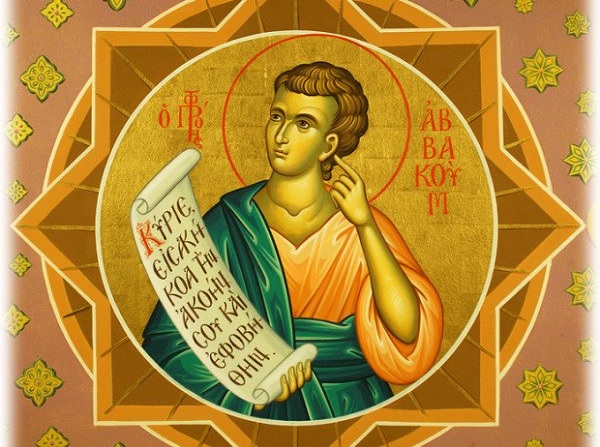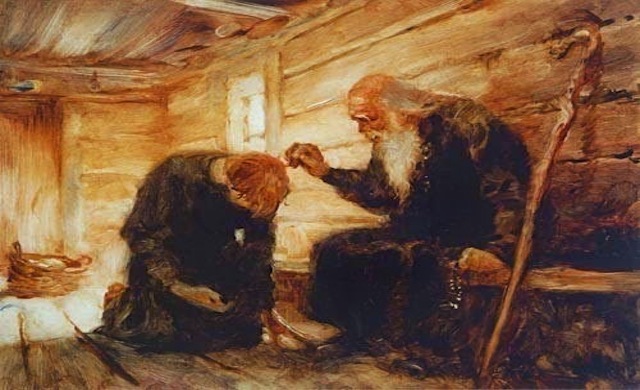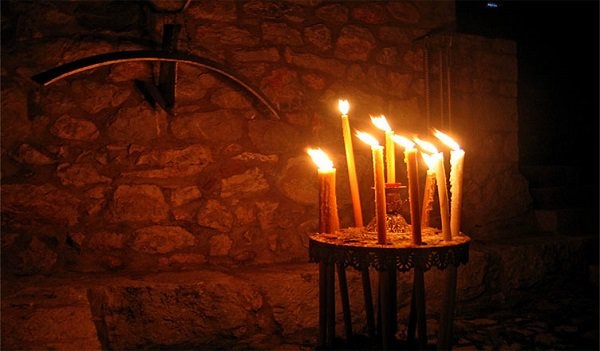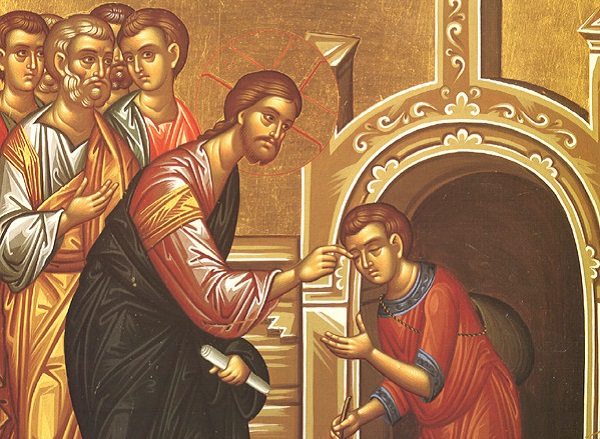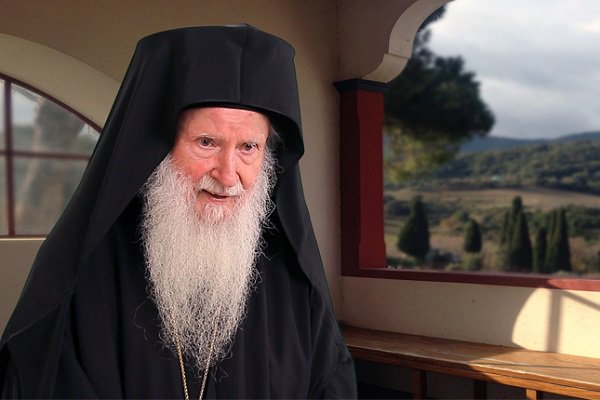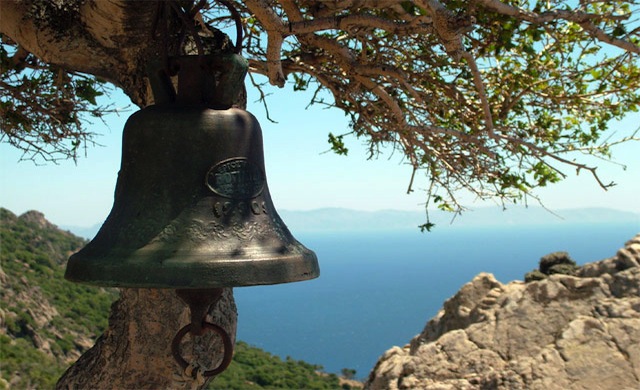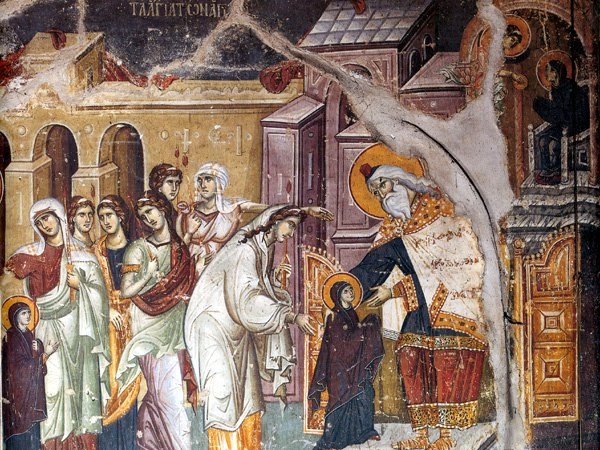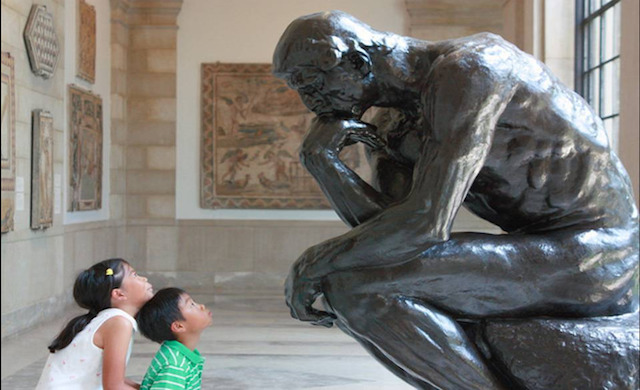Some people say, and believe they’re right in doing so, that we should ‘get along well with everybody’, meaning our behaviour shouldn’t cause people not to like us and that we should be friends with everybody. But do Christians who wish to have Christ in their lives really have this as their aim?
Saint Paul advises: ‘If it is possible, so far as it depends on you, live peaceably with all’. (Romans 12, 18), hinting that it isn’t actually possible to have peaceful relations with everyone, even though that’s what we would prefer.
In another Epistle (2 Cor. 13, 11), Saint Paul urges us to ‘agree with one another, live in peace, and the God of love and peace will be with ...
Περισσότερα





